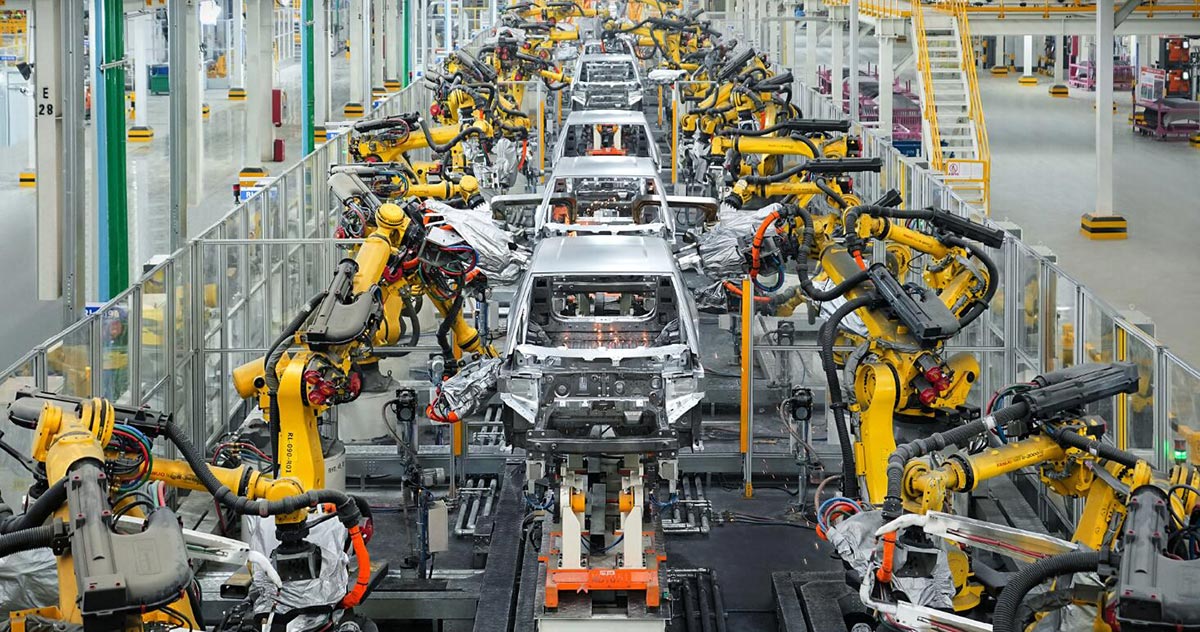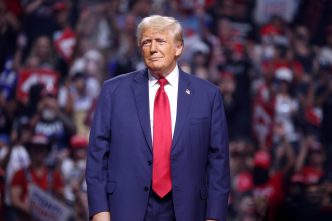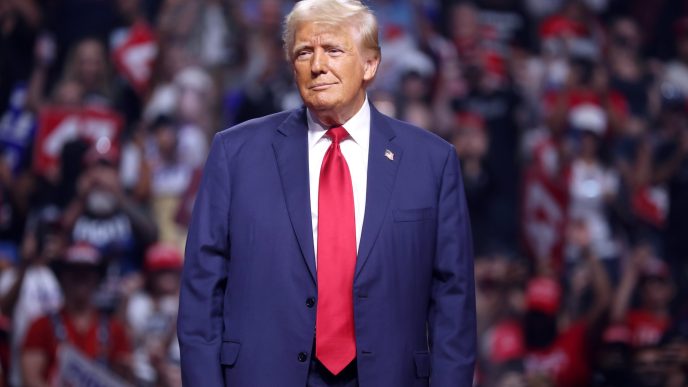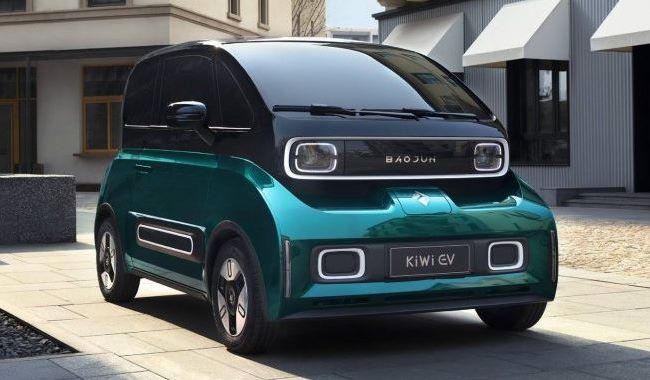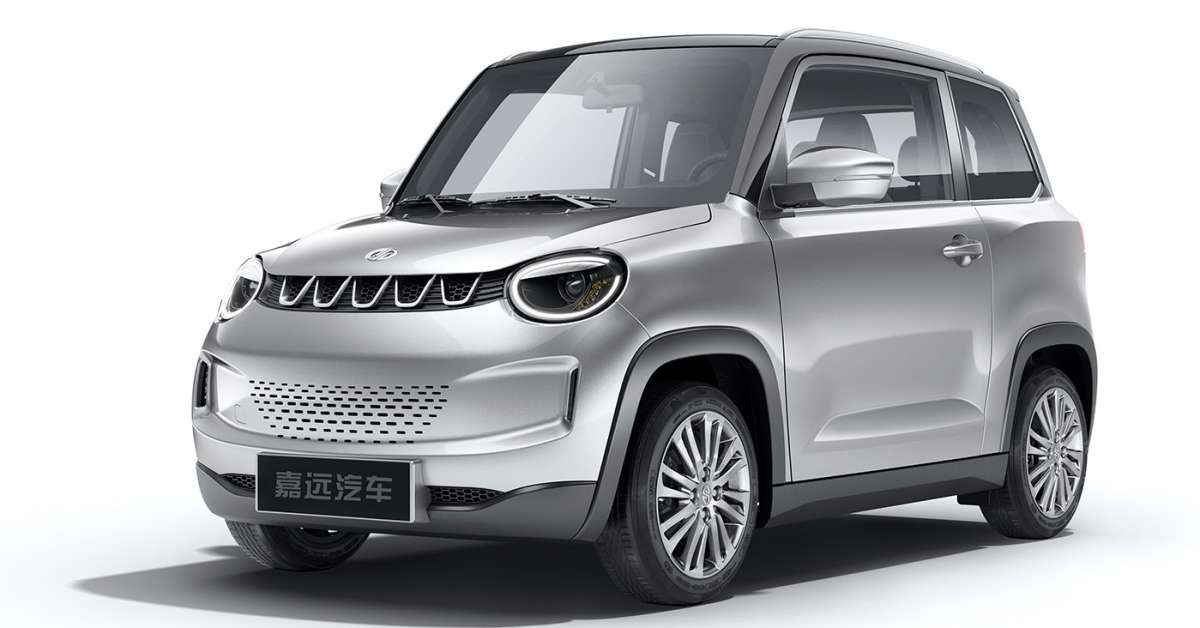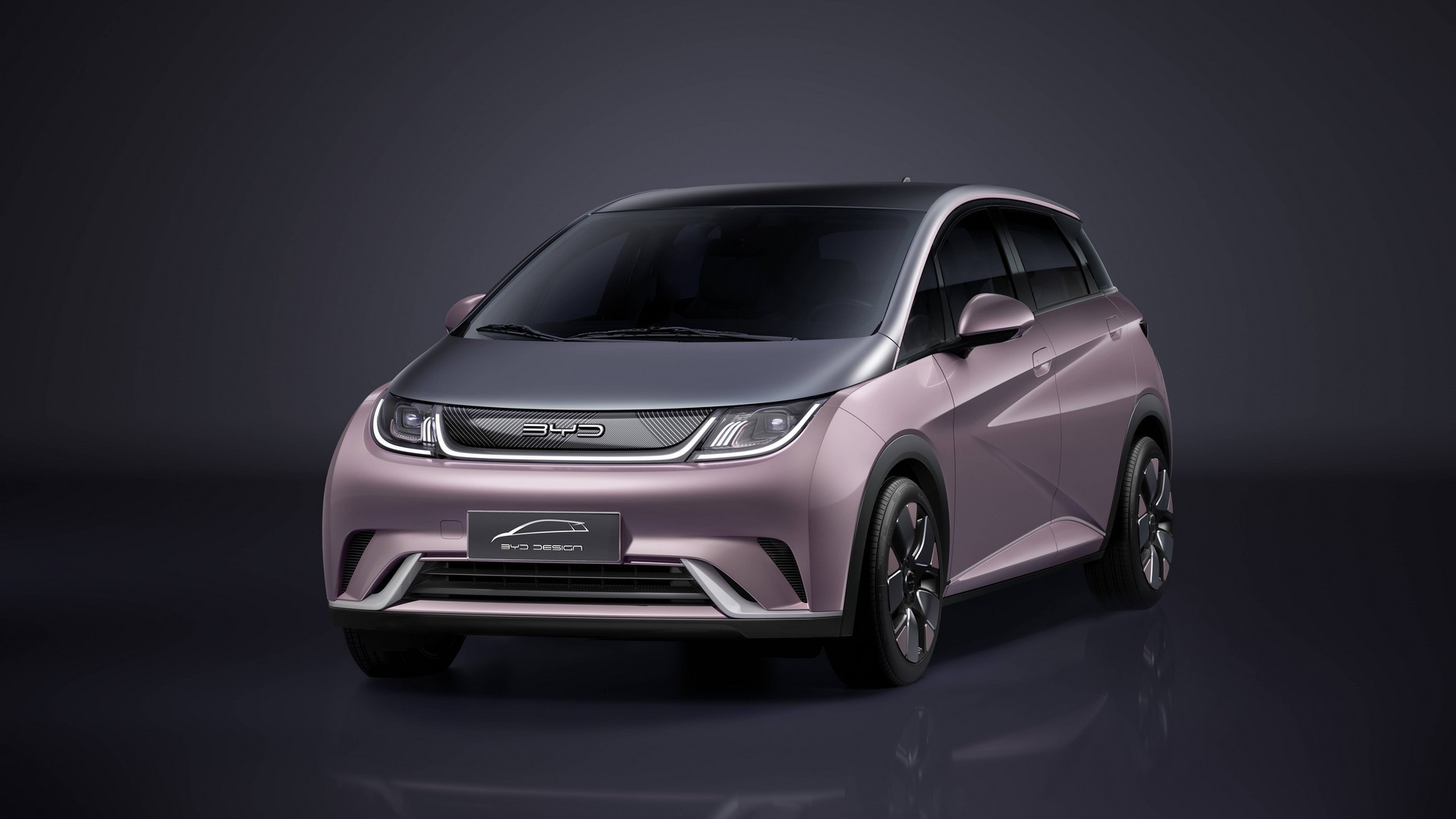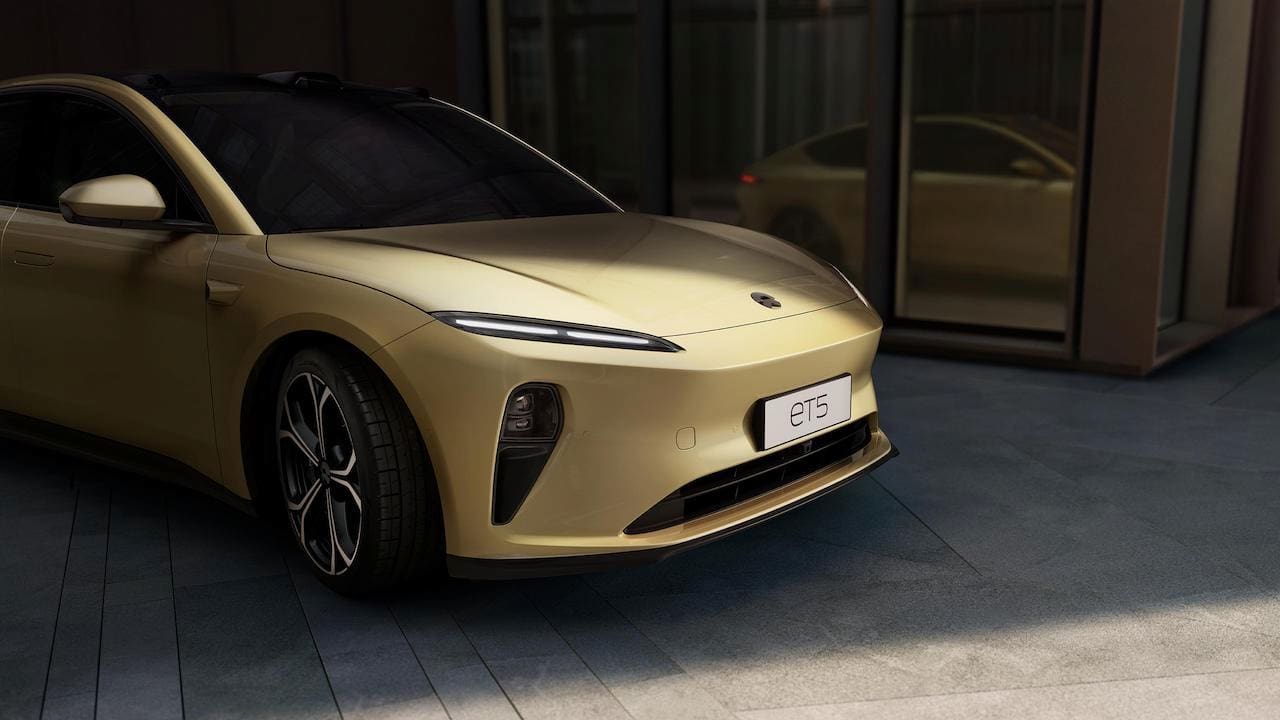The European Union is introducing new regulations aimed at ensuring that Chinese companies invest and share technological expertise in Europe. This move is part of the EU’s broader strategy to protect domestic industries while advancing clean energy goals.
Elisabetta Cornago, senior research fellow at the Centre for European Reform think-tank, explained that the European Commission is actively exploring multiple strategies to strengthen its trade defenses, particularly against the potential redirection of Chinese trade flows into Europe. Cornago cautioned that this tougher approach on Chinese components could backfire on the EU’s decarbonization efforts.
She stated, “You are temporarily putting a trade protection shaped like innovation support . . . to support your industry but that isn’t bringing down prices for consumers.” Additionally, she highlighted concerns that the policy could cause confusion in the EU automotive sector, making it harder for companies to grow and compete with China.
The new policy, which reflects China’s own approach requiring foreign businesses to transfer intellectual property for market access, seeks to require Chinese companies to adhere to technology transfer and local manufacturing requirements if they wish to access EU subsidies.
EU officials have noted that the scope of these regulations is still limited, with potential refinements expected before the official tender announcement in December.
This initiative continues the EU’s trend toward stricter trade policies with China, aimed at addressing concerns over cheaper, environmentally damaging imports that might undercut EU businesses held to high environmental standards. Last month, the European Commission confirmed additional tariffs of up to 35% on electric vehicles (EVs) imported from China, which adds to the existing 10% duty.
Alongside these tariffs, the Commission has also imposed stricter requirements on hydrogen subsidies, mandating that only a quarter of parts in electrolysers—critical equipment for hydrogen production—can come from China.
Source: FT

